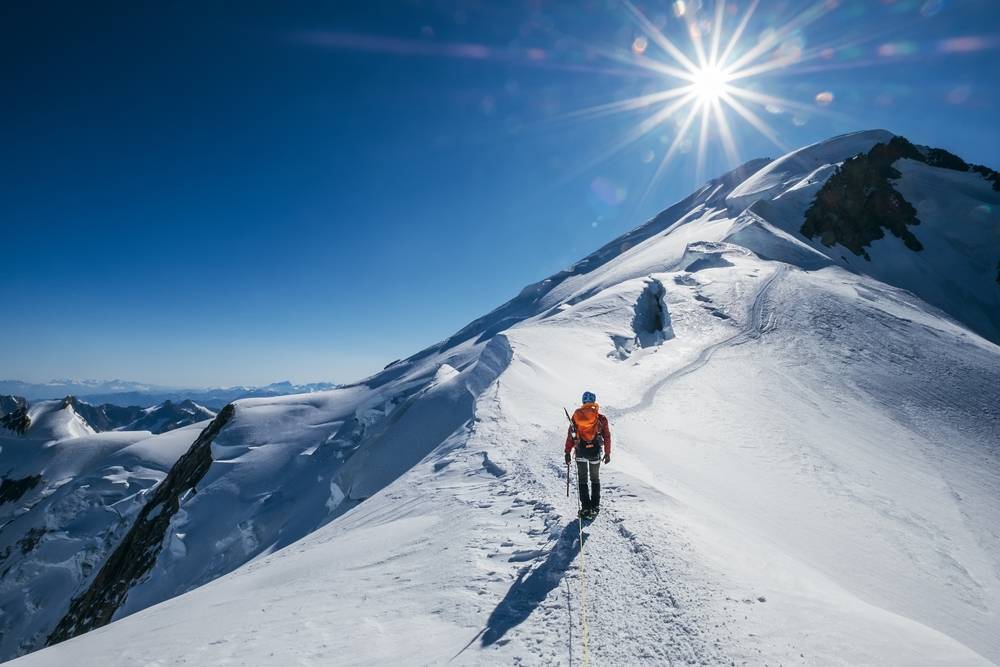Asia’s stunning mountains lure countless adventure-seekers each year. From the mighty Himalayas to the towering Karakoram range, these majestic peaks offer thrilling experiences for climbers and trekkers alike. However, ascending to high altitudes poses unique health challenges, primarily due to reduced oxygen levels and atmospheric pressure.
In this article, we will explore high altitude sickness, its symptoms, and ways to prevent it, ensuring you stay healthy while conquering Asia’s breathtaking heights.
Understanding High Altitude Sickness
High altitude sickness, also known as acute mountain sickness (AMS), is a common condition affecting individuals who ascend rapidly to heights above 2,500 metres (8,000 feet). As the body struggles to adapt to lower oxygen levels and decreased air pressure, symptoms such as headache, nausea, dizziness, and shortness of breath may arise. Severe cases can lead to life-threatening complications like high-altitude cerebral oedema (HACE) and high-altitude pulmonary oedema (HAPE).
Recognising the Warning Signs of AMS
Early recognition of altitude sickness symptoms is crucial in preventing complications. Common symptoms include:
- Headache
- Fatigue
- Dizziness or lightheadedness
- Difficulty sleeping
- Loss of appetite
- Nausea or vomiting
If you experience any of these symptoms, it’s essential to communicate with your fellow travellers and seek medical advice.
Preventing High Altitude Sickness: Acclimatisation is Key
The most effective way to prevent altitude sickness is to acclimatise properly. This involves ascending gradually and allowing time for your body to adapt to the changing environment. Experts recommend the following guidelines:
- Gain no more than 300-500 metres (1,000-1,500 feet) in elevation per day above 3,000 metres (10,000 feet).
- Take a rest day for every 600-900 metres (2,000-3,000 feet) of elevation gained.
- Sleep at a lower altitude than the highest point reached during the day (“climb high, sleep low”).
Medications and Remedies
While acclimatisation is the best strategy, certain medications can help alleviate altitude sickness symptoms or prevent them altogether. Acetazolamide (Diamox) is a commonly prescribed drug that aids acclimatisation by stimulating breathing and reducing fluid retention. Other potential remedies include dexamethasone, a steroid that can alleviate brain and lung swelling, and ibuprofen, useful for treating headaches associated with altitude sickness. Consult a healthcare professional before taking any medication, and always carry a well-stocked first-aid kit during your trek.
Stay Hydrated and Energised
Dehydration and a lack of sufficient calories can intensify altitude sickness symptoms. To counteract this, it is vital to maintain good hydration levels by drinking plenty of water or hydrating fluids throughout the day. Avoid excessive caffeine and alcohol, which can contribute to dehydration. Additionally, aim to consume a balanced diet that is high in carbohydrates. Foods such as rice, pasta, whole grain bread, and fruits can provide the energy your body needs to cope with the physical exertion and cold temperatures often encountered at high altitudes.
Know When to Descend
Ignoring or dismissing symptoms of altitude sickness can lead to severe, potentially life-threatening complications, such as high-altitude cerebral oedema (HACE) or high-altitude pulmonary oedema (HAPE). If symptoms persist or worsen, it is critical to descend to a lower altitude without delay. This may mean abandoning your summit goals temporarily or even completely, but remember that your health and safety should always be your first priority. Remember the mountaineer’s mantra: “Climb high, sleep low,” and give your body the time it needs to adjust to high altitudes.
Conclusion: Safely Scaling Asia’s Peaks
High altitude sickness is a significant concern for those venturing into Asia’s awe-inspiring mountains. By recognising the symptoms, acclimatising appropriately, staying hydrated, and seeking medical advice when needed, you can ensure a safe and enjoyable high-altitude adventure. Remember, your health always comes first; listen to your body and make informed decisions as you conquer the breathtaking peaks of Asia.

